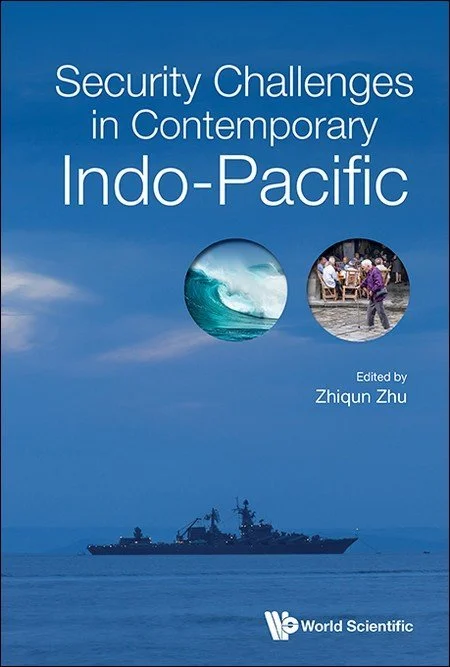-

Financial Regulators and Macroprudential Policy
September 2025
Routledge
My doctoral dissertation-turned-monograph takes an in-depth look at the politics of financial stability after financial crises.
The 2008 global financial crisis was a rude awakening for financial regulators. In its wake, a novel approach called “macroprudential policy” became an important pillar of financial regulation to ensure the stability of the financial system. But in the decade after the crisis, financial regulators in different countries implemented macroprudential policies that varied widely in their stringency. This is a worrying gap since uneven regulation across borders and different financial sectors was a key driver of the 2008 crisis. What explains these cross‑country, cross‑sectoral, and temporal variations in macroprudential policy? This book answers this question through an in‑depth comparative historical analysis of the banking and asset management sectors in the United States and Japan. By comparing two sectors of the financial industry in two diverse economies, we can observe consistent dynamics in the politics of regulatory reform that illuminate the causes of different policy stringencies.
-

Liquefied Natural Gas on a Razor’s Edge: Japan’s Energy Security in a Tumultuous World
May 2025
in Security Challenges in Contemporary Indo-Pacific (World Scientific Publishing)
This chapter in the edited volume Security Challenges in Contemporary Indo-Pacific traces the historical evolution of Japan’s liquefied natural gas (LNG) strategy from the 1970s. As a resource-poor nation, Japan relies almost entirely on imported fuels to meet its energy needs. This has made energy security a crucial pillar of Japan’s foreign policy. Above all, Japan’s efforts to ensure continued LNG imports is a lens through which to understand how Japan has aimed to bolster its energy security since the 1970s. How has Japan succeeded in adjusting its LNG strategy amidst energy market disruptions? Why is it that this strategy was unfazed by the global energy crisis caused by Russia’s invasion of Ukraine in 2022? And how does Japan’s pivot from an LNG buyer to re-seller affect energy security and decarbonization in the broader Asia-Pacific? This chapter offers answers to these questions.
-
LNG and Strategic Diplomacy Between The U.S. and Japan: Past, Present, and Future (co-authored with Pinar Temocin)
August 2025
in Science Diplomacy for Global Challenges (Turkish Academy of Sciences)
The US-Japan diplomatic ties have been one of the most stable and enduring in the post-World War II period. This trust-based relationship also extends to the energy domain (including LNG) and has been solidified through mutual efforts due to energy security concerns. This chapter identifies the key actors in the energy industry and policy landscapes in the US and Japan, examines their energy diplomacy in historical context, analyzes how US-Japan LNG cooperation has responded to the 2022 Russian invasion of Ukraine and the re-election of Donald Trump as the 47th US president. It concludes with an outlook for the future of US-Japan LNG cooperation.
